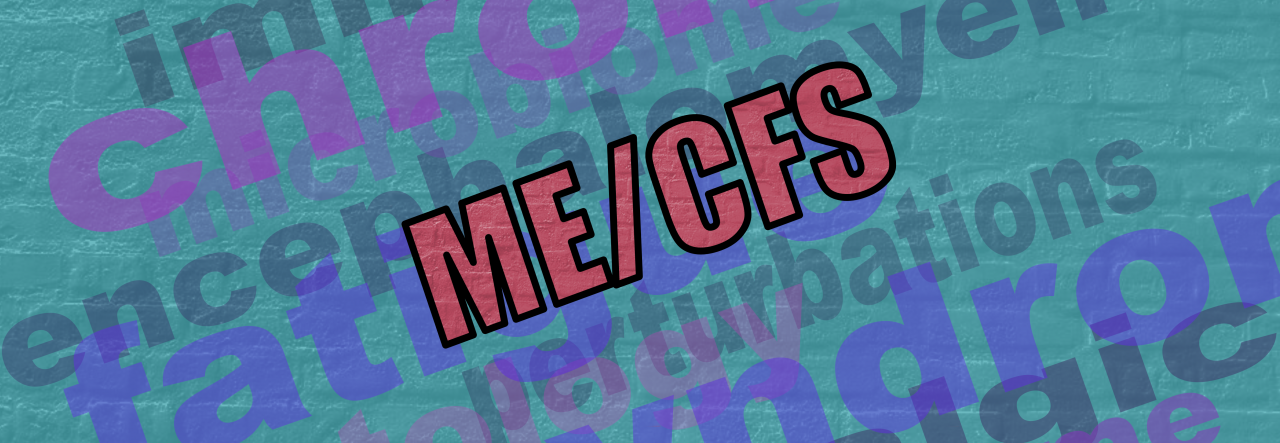
Vicky Whittemore, PhD, of the Trans-NIH ME/CFS Working Group, was recently interviewed by Llewellyn King of ME/CFS Alert, and a video of the interview has been made available to the public. Vicky is the Program Officer for NIH ME/CFS grants, and has a number of ME/CFS grants in her portfolio that she manages the research programs for, including the three ME/CFS Collaborative Research Center grants at Cornell University, Columbia University, and here at The Jackson Laboratory.
In the interview, Vicky discusses the fact that there are a lot of triggers that can cause ME/CFS in patients, so this requires research to be done on lots of different systems of the body. Therefore, NIH has set up the Trans-NIH ME/CFS Working Group, which has representatives from each of the 24 institutes at NIH. The goal is to separate out what could be a trigger for ME/CFS, and what underlying problems could cause ME/CFS to result from these triggers for some people but not for others. NIH is dedicated to building the research field for ME/CFS, and together with researchers, are determined to find answers. Vicky and Llewellyn discuss how the grant cycles work at NIH, and what can be done to increase the number of applications for grants since NIH receives very few applications for ME/CFS grants each grant cycle.
Vicky also tells Llewellyn about how she got into ME/CFS research, more about what she does as a Program Officer at NIH, some of the progress that has been accomplished at the three CRCs, and where she thinks there will be a breakthrough in the field.
To watch the interview with Vicky Whittemore, click here.



